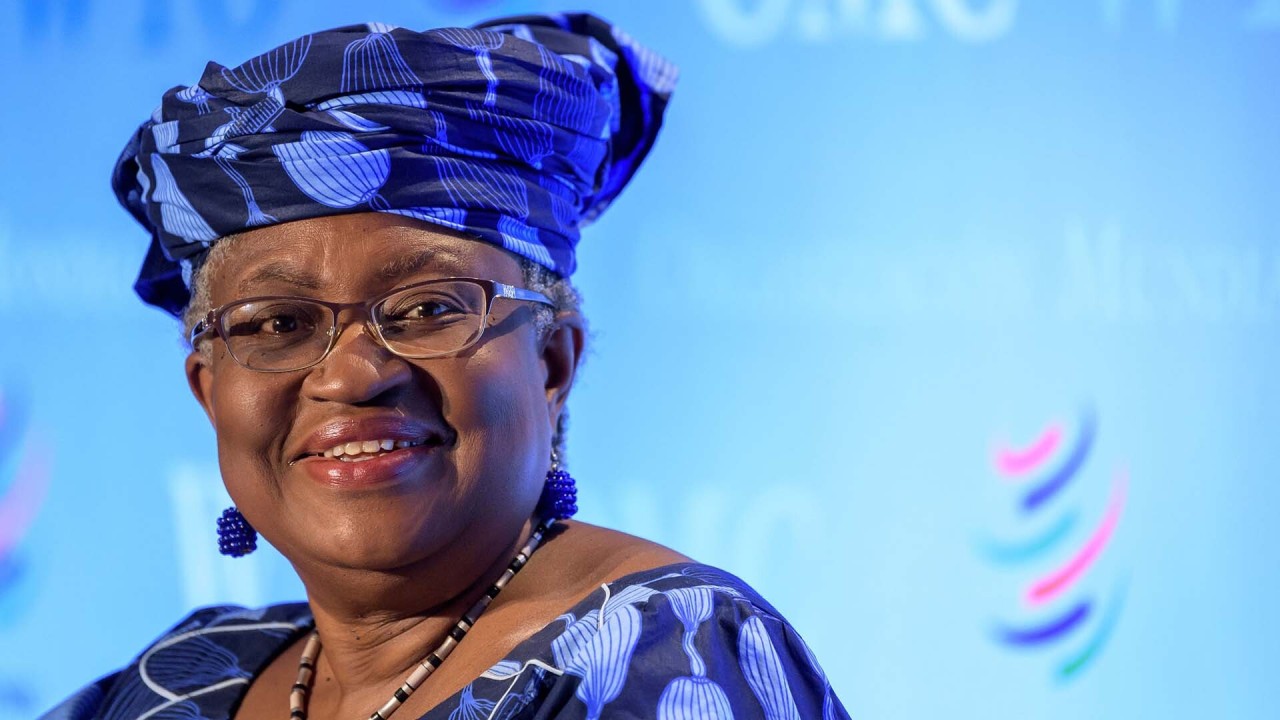Opinion | How investing in women and girls can boost Indonesia’s post-pandemic recovery
- Problems of gender inequality have been exacerbated by Covid-19, with lockdowns and school closures raising the risk of violence and child marriage
- Indonesia is working to make its economic recovery more inclusive, investing in small businesses as well as girls’ education and leadership

Within the development sector, gender equality is increasingly recognised as a key development objective in its own right. “Achieve gender equality and empower all women and girls” is Sustainable Development Goal 5, and the issue cuts across almost all such goals.
But none of these ambitions can be achieved without the leadership of girls and women themselves – a fact that is all too often an afterthought.
Globally, just 25 per cent of national parliamentarians are women. Few countries have ever had a woman head of state. If we look at the private sector, 7.6 per cent of Fortune 500-ranked businesses are led by women.
The pandemic has demonstrated how feminist leadership that upholds empathy and balances hard facts and compassion can help countries out of crisis situations. The past year has offered undeniable evidence of this potential.



